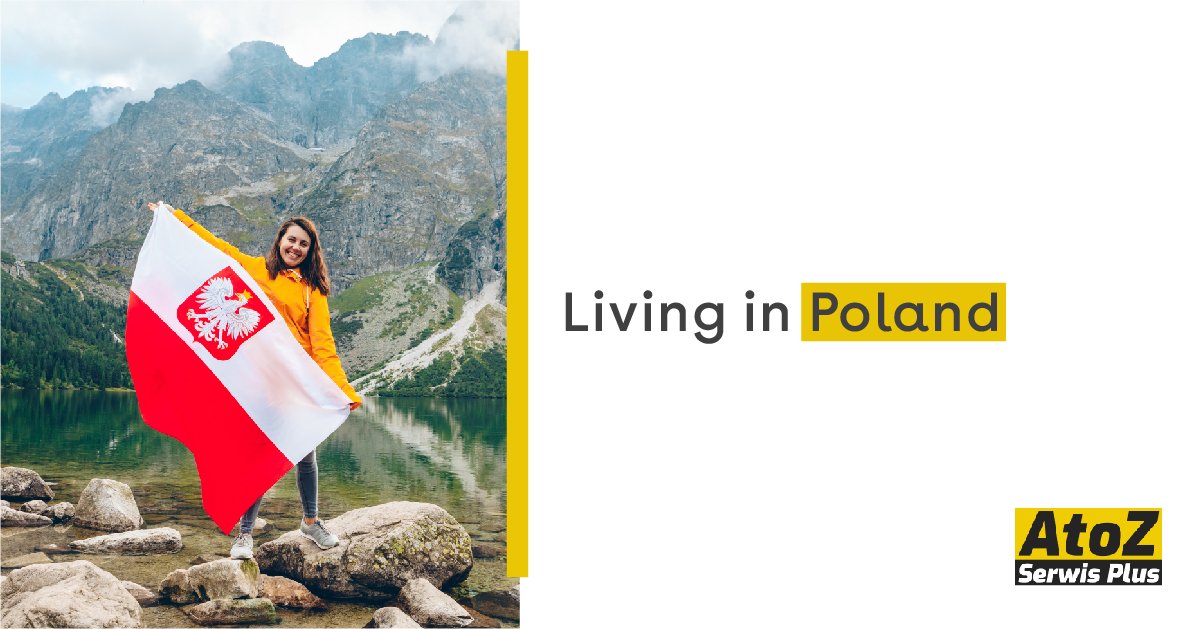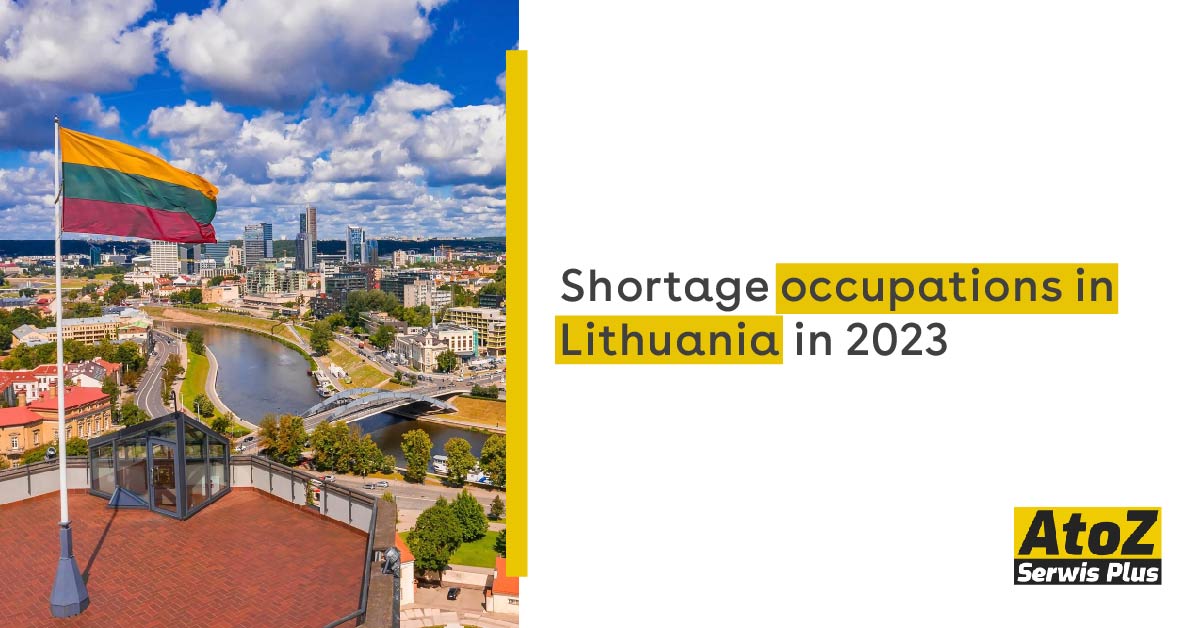

Want to Work In Europe? Here Are 20 Professions That Will Get You a Visa
Do you want to start your career in Europe right away? Look nowhere else! A list of 20 in-demand occupations that might help you get a work visa for Europe has been put up by us. Whether you're a qualified nurse or an ambitious software engineer, these professions guarantee fascinating chances and gratifying experiences in the dynamic European employment market.
Working in Europe can be exciting, offering diverse cultural experiences and professional growth. However, you should consider specific steps and considerations if you want to work in Europe, especially if you are not an EU/EEA/Swiss citizen. Here's a general outline to help you get started:
- Determine your eligibility: If you are an EU/EEA/Swiss citizen, you can work in any EU/EEA country without a work visa or permit. If you're from somewhere other than these countries, please check the specific visa requirements for the country you'd like to work in. Each EU country may have slightly different rules, so do thorough research.
- Job search and opportunities: Look for job opportunities in the European country of your choice. International job portals, company websites, and professional networks are great places to start your search.
- Work visa/permit application: If you need a work visa/permit, you'll generally need a job offer from a European employer before applying. The employer may need to sponsor your visa, so be prepared to provide the necessary documentation and meet any requirements set by the country's immigration authorities.
- Language proficiency: Language skills might be essential depending on the country and the job you're applying for. English is widely used in many European workplaces, but in some countries, knowledge of the local language is crucial knowledge of the local language is necessary in some countries. Please take a look at language courses if needed.
- Legal requirements and paperwork: Ensure you have all the necessary documents and fulfil legal requirements. This might include a valid passport, work contract, health insurance, and other relevant paperwork.
- Work culture and norms: Familiarize yourself with the work culture and standards in the country you're moving to. Understanding these cultural differences can help you adapt more smoothly to your new work environment.
- Cost of living and accommodation: Be aware of the cost of living in the city or region where you'll work. You can research accommodation options and consider the financial aspects of your move.
- Social security and taxes: Learn about your country's social security and tax regulations. If you don't mind me asking, you may need to register for a tax number and understand your obligations as an employee.
- Networking and support: Join professional networks and communities in the country you're moving to. Networking can help you find job opportunities and get valuable insights from others working or working there.
- Healthcare and insurance: Research the healthcare system in your destination country and consider obtaining health insurance to cover any medical needs.
Remember that working in Europe can be a rewarding experience, but it requires careful planning and preparation. Each country has unique procedures and regulations, so please take your time to gather information and seek advice if you need it. Good luck with your endeavours to work in Europe!
European countries can address the imbalances in their labour markets by granting work visas to skilled professionals from outside the EU and Schengen Area. These visas enable foreign talent to work legally in Europe for a specified period, allowing them to fill critical positions in industries experiencing a shortage of skilled workers. By doing so, work visas can stimulate economic growth and maintain the competitiveness of European businesses in the global market.
The demand for foreign talent is exceptionally high in the technology, healthcare, engineering, and research industries. These sectors often require highly specialised skills that may need to be more readily available within the region. Work visas offer an avenue for attracting qualified individuals who can contribute their expertise, knowledge, and fresh perspectives to these industries, thus bolstering their growth and innovation.
Measures to Bridge the Labor Gap
To bridge the labour gap and attract foreign talent, European countries have taken various measures to streamline the work visa application process and make it more accessible for skilled professionals. Some of these measures include:
- Simplified Application Procedures: Many countries have simplified the visa application process to reduce bureaucratic hurdles and make it easier for foreign workers to obtain the necessary permits.
- Occupation-Specific Visas: Some countries have introduced occupation-specific visas tailored to the needs of particular industries facing acute shortages. These visas may have relaxed requirements or faster processing times.
- Recognition of Qualifications: European countries are trying to recognise and validate foreign qualifications, making it easier for skilled professionals to acknowledge their credentials in the job market.
- Long-Term Residence Permits: Some countries offer long-term residence permits to foreign workers who have secured stable employment, allowing them to settle and integrate into the local community.
- Bilateral Agreements: Certain countries may have bilateral agreements with non-EU nations to facilitate the movement of professionals between the two regions, further easing the process of obtaining work visas.
- Retraining and Upskilling Programs: In addition to attracting foreign talent, European countries are also investing in retraining and upskilling programs for their citizens to fill critical labour shortages and reduce dependence on foreign workers in the long term.
By implementing these measures, European countries aim to balance meeting the demands of their growing industries and ensuring the smooth integration of skilled professionals from diverse cultural backgrounds into their societies.
In conclusion, work visas are crucial in addressing labour shortages in Europe's most sought-after professions. By attracting skilled professionals outside the EU and Schengen Area, European countries can tap into a global talent pool and foster economic growth and innovation in key industries. Through streamlined visa processes and supportive measures, these countries are taking steps to bridge the labour gap and strengthen their position in the global job market.
Europe’s Top 20 Most Wanted Professions
The European Labour Authority (EURES) report has identified the top 20 most sought-after professions in the EU. Professionals with qualifications or experience in these fields have increased their chances of obtaining work visas for Europe.
The demand for workers in these occupations spans multiple countries, making them highly attractive prospects for skilled individuals looking to work in Europe. The top 20 most wanted professions include:
|
No. |
Professions |
|
1 |
Bricklayers and related workers |
|
2 |
Carpenters and joiners |
|
3 |
Heavy truck and lorry drivers |
|
4 |
Metal working machine tool setters and operators |
|
5 |
Nursing professionals |
|
6 |
Plumbers and pipe fitters |
|
7 |
Building and related electricians |
|
8 |
Welders and flame cutters |
|
9 |
Concrete placers, concrete finishers, and related workers |
|
10 |
Sheet metal workers |
|
11 |
Floor layers and tile setters |
|
12 |
Software developers |
|
13 |
Cooks |
|
14 |
Building construction labourers |
|
15 |
Electrical mechanics and fitters |
|
16 |
Applications programmers |
|
17 |
Generalist medical practitioners |
|
18 |
Bus and tram drivers |
|
19 |
Motor vehicle mechanics and repairers |
|
20 |
Specialist medical practitioners |
To address the challenges faced by occupations with surpluses of professionals in the EU, several strategies could be considered:
- Sector-Specific Training and Reskilling: Encourage and support domestic professionals in surplus fields to undergo training and reskilling programs to transition into high-demand occupations. Equipping them with skills currently in demand makes them more competitive in the job market, reducing the need for foreign professionals.
- Labour Market Research and Forecasting: Conduct regular and comprehensive labour market research to identify emerging job trends and skill shortages. This information can inform education and training policies, ensuring domestic workers are prepared for future job demands.
- Diversification of Industries: Promote the diversification of industries in countries where certain professions are oversupplied. Encouraging the growth of new sectors can create additional job opportunities in areas with a surplus of professionals.
- Internship and Exchange Programs: Implement internship and exchange programs that allow domestic professionals to gain experience in other EU countries. This exposure can enhance their skills, provide networking opportunities, and increase their employability in regions where their expertise is in demand.
- Flexible Immigration Policies: Consider introducing more flexible immigration policies for specific occupations. While there might be a surplus of professionals in some fields, there could be genuine shortages in others. Tailoring visa policies to address particular needs can help attract foreign professionals to fill those gaps while effectively managing the labour market.
- Regional Mobility Support: Encourage mobility within the EU by providing support and incentives for professionals to move to regions where their skills are needed. This could include financial incentives, housing assistance, or tax benefits to attract workers to areas facing labour shortages.
- Public Awareness Campaigns: Launch public awareness campaigns to inform domestic professionals about job opportunities in high-demand fields. Sometimes, workers need to be made aware of the demand for their skills in other regions, and such campaigns can highlight these opportunities.
- Government-Industry Collaboration: To anticipate and address labour market needs, foster collaboration between governments and industries. Governments can align their strategies with real-time demand in the job market by involving industry stakeholders in policy discussions.
- Talent Attraction Initiatives: Create targeted talent attraction initiatives focusing on specific professions or skills in high demand. These initiatives can include online job fairs, international recruitment events, and partnerships with foreign universities to identify potential candidates.
By implementing these strategies, EU countries can better manage the influx of foreign professionals and ensure that the workforce's skills align with their economies' current and future needs. It's crucial to balance attracting foreign talent in high-demand fields and supporting domestic professionals in occupations with surpluses.
For the Employer
Are you looking to Hire? Let us help you find the perfect candidates!
Step 1: Fill out the employer's questionnaire. Please provide us with the necessary details about your job requirements and company. We'll use this information to customise our services for you. Fill in the form.
Step 2: Choose the best offer. Once we receive your completed questionnaire, we'll prepare a tailored proposal for recruitment, employee leasing, or outsourcing services.
Step 3: Welcome your new employee. We'll utilise our extensive network and resources to find the ideal candidate for your business. Please don't worry; we'll ensure favourable conditions for you and the employee.
Take advantage of exceptional talent for your company. Complete the employer's questionnaire today, and let us handle your hiring needs.
For Job Seeker Registration
If you are looking for Truck Drivers, such as our guest today, we would like you to fill out the application form on our website. After reviewing the details of the completed offer, a representative of AtoZ Serwis Plus will contact you and tell you about all the details. Fill in the form.
Would you like some advice? So that you know, the information I've included here is for you to review. You'll always need to consult with your legal and tax advisor(s) and follow their guidance. AtoZ Serwis Plus cannot assist with legal or tax matters. The information presented is not specific to any particular company or workforce nor reflects how AtoZ Serwis Plus products are distributed in any jurisdiction. Instead, it is general. AtoZ Serwis Plus makes no representations or warranties regarding this information's accuracy, completeness, or timeliness. It shall not be liable for any losses from using or relying on it. It is your responsibility to exercise caution when using this information.
















